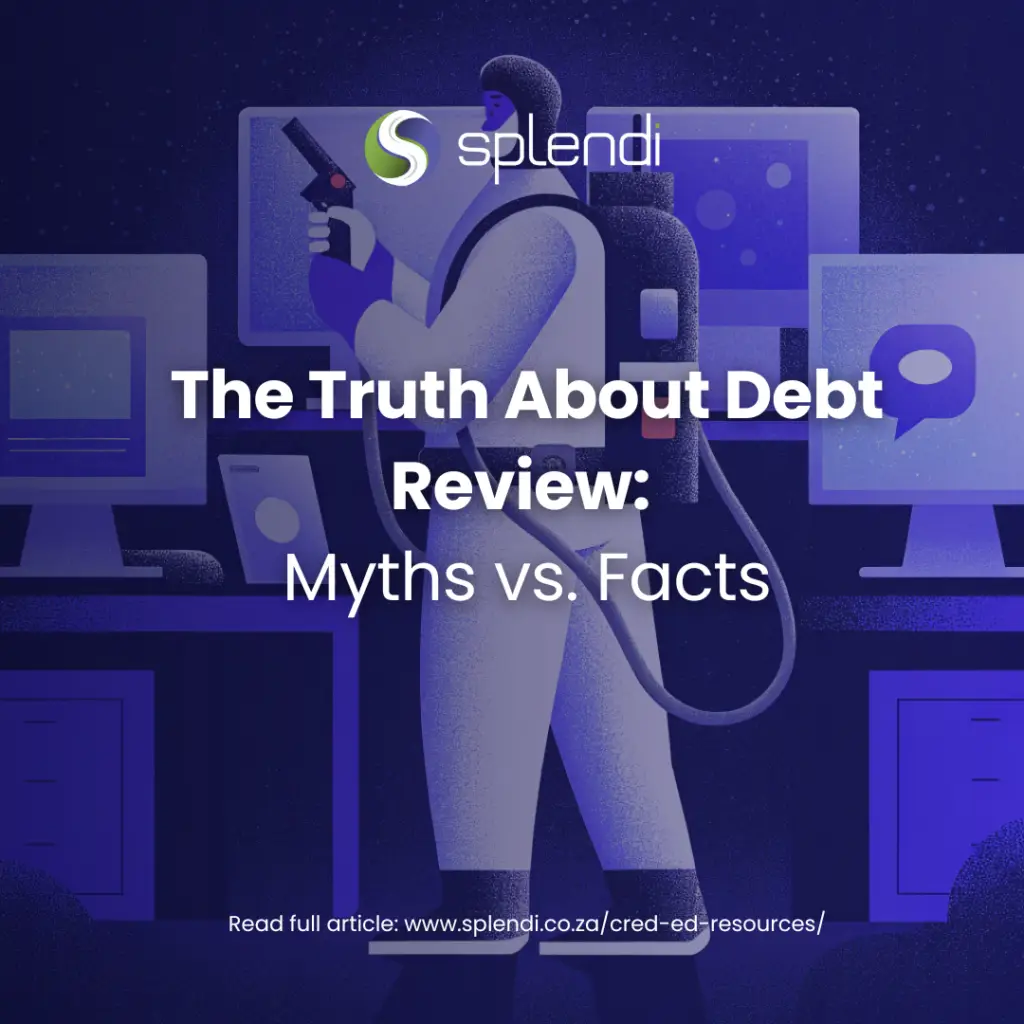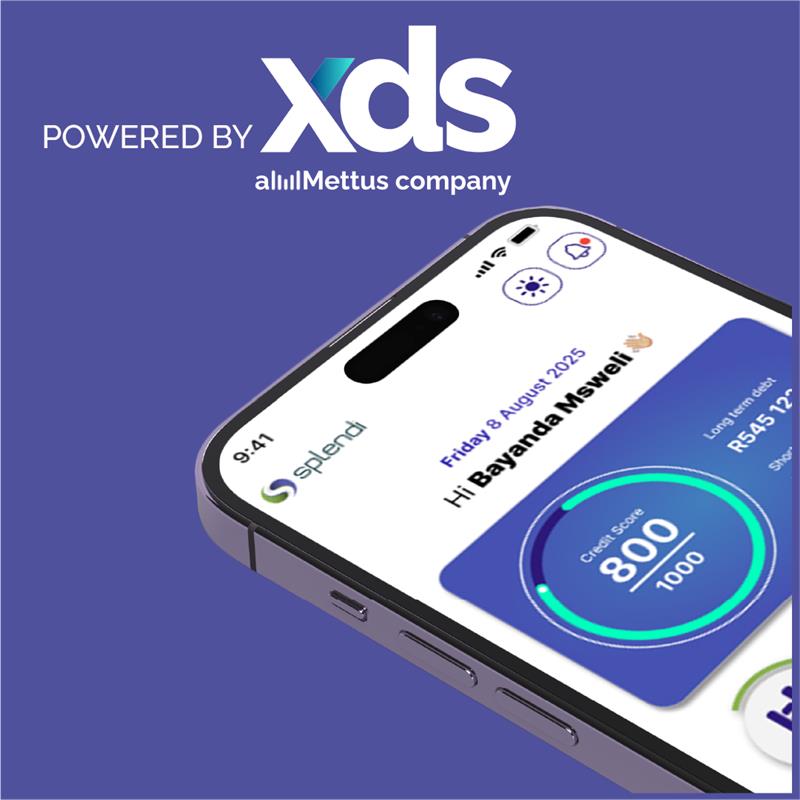Introduction
Debt review is one of the most misunderstood financial processes in South Africa. Many people avoid it due to widespread misconceptions, while others enter the process without fully understanding what it entails. This article aims to separate myth from fact and explain how debt review—a legally regulated process under the National Credit Act—can help you safely restructure your finances.
The Scam Misconception
Myth: Debt review is merely a ploy to take your money.
Fact: Debt review is a legitimate method overseen by the National Credit Regulator (NCR). It is designed for over-indebted consumers to manage their financial obligations in a structured and legally protected manner. However, be cautious of fraudulent operators posing as debt counsellors—always ensure your adviser is NCR-registered.
Key Takeaway: Verify your debt counsellor’s credentials to avoid scams and secure the benefits of a properly regulated process.
Debt Review Does Not Erase Your Debts
Myth: Once enrolled in debt review, your debts are wiped away.
Fact: Debt review does not cancel your debts. Instead, it restructures your repayments into a more manageable plan, allowing you to repay your obligations over time while avoiding legal action and repossession.
Key Takeaway: The process is about reorganising your repayments rather than eradicating your debts completely.
Accessing Credit Post-Debt Review
Myth: Undergoing debt review permanently blacklists you from obtaining future credit.
Fact: While new credit is restricted during the debt review process, completing the programme and obtaining a clearance certificate restores your credit status. This means you can eventually access credit facilities again.
Key Takeaway: Debt review is a temporary measure that assists in rebuilding your creditworthiness once the process is completed.
Differentiating Credit Impairment from Blacklisting
Myth: Being in debt review is synonymous with being blacklisted.
Fact: The term “blacklisting” is outdated. Debt review indicates a temporary state of credit impairment designed to protect you from legal action and repossession. Once you complete the process and secure your clearance certificate, any negative marks are removed from your record.
Key Takeaway: Debt review serves as a rehabilitative step rather than a permanent penalty on your credit profile.
Maintaining Privacy in the Workplace
Myth: Your employer will be informed if you are under debt review, potentially affecting your job security.
Fact: The debt review process is strictly confidential. Employers are not notified when you register for debt review. However, if you work in fields where periodic credit checks are mandatory—such as in finance or security-sensitive roles—your status might be revealed indirectly.
Key Takeaway: Although debt review remains private, it is wise to understand your employer’s policies regarding financial clearances if applicable.
Protecting Your Assets
Myth: Entering debt review means your bank will seize your house or car.
Fact: Debt review is intended to safeguard your assets by preventing creditors from taking legal action—as long as you stick to the restructured repayment plan. Failure to adhere to the plan may allow creditors to resume legal proceedings for debt recovery.
Key Takeaway: Consistently meeting your repayment obligations is essential to ensure your assets remain protected during debt review.
The Commitment Required
Myth: You can exit debt review at any time if you change your mind.
Fact: Debt review is a formal, legally binding process. It can only be concluded when you have either settled your debts (excluding certain loans, like home loans, which may continue under a restructured plan) or obtained a court order declaring that you are no longer over-indebted.
Key Takeaway: Debt review is a committed pathway to financial recovery that must be seen through until the appropriate conditions are met.
Debt Review: A Tool for Everyone
Myth: Debt review is solely for individuals with low incomes or those who are unemployed.
Fact: Debt review is available to anyone facing financial strain, regardless of income level. Professionals, business owners, and even high-income earners may find themselves in need of debt review when their obligations exceed their income.
Key Takeaway: Debt review is a universal financial tool designed to support anyone struggling to manage their debt responsibly.
Final Thoughts
Understanding the truth behind debt review misconceptions is crucial for making informed financial decisions. This process is designed not as a penalty but as a structured route to financial stability. If you’re experiencing financial challenges, consider consulting an NCR-registered debt counsellor to discuss how debt review might help you get back on track.
Useful Resources
National Consumer Tribunal (NCT) – Legal guidance on consumer rights.
National Credit Regulator (NCR) – Find a registered debt counsellor.
Debt Counsellors Association of South Africa (DCASA) – Industry insights and support.




